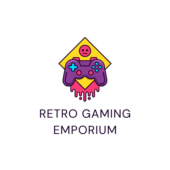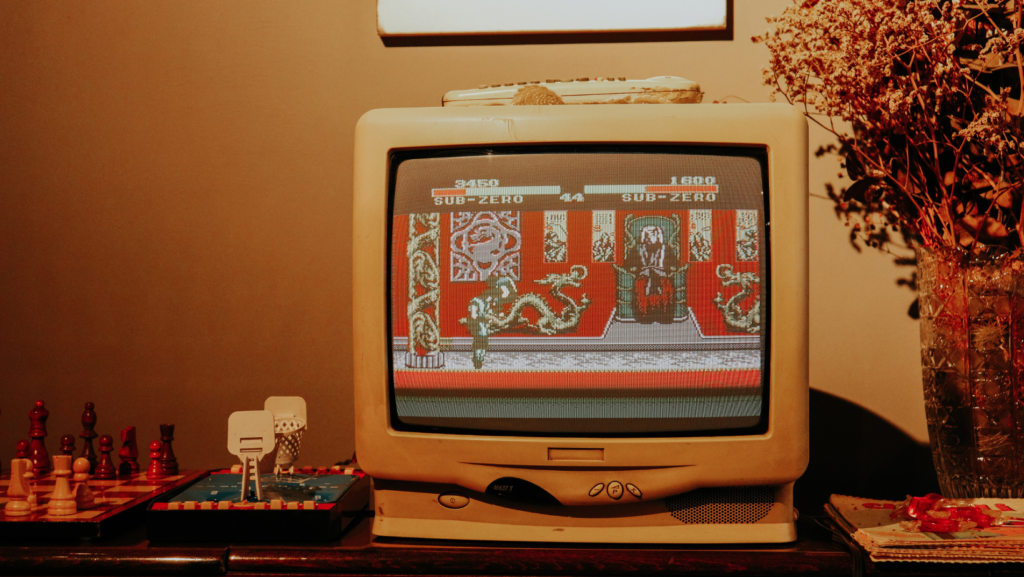In a world where gaming technology constantly evolves, there’s something undeniably charming about the simplicity and nostalgia of must play retro games. These classics, hailing from the golden age of gaming, offer more than just pixelated graphics and chiptune soundtracks—they provide a timeless experience that continues to captivate players of all ages. Whether it’s the thrill of defeating the final boss or the joy of discovering hidden secrets, retro games have a unique way of engaging players that modern titles sometimes miss.
For those who grew up during the era of 8-bit and 16-bit consoles, these must play retro games are a trip down memory lane, evoking fond memories of childhood afternoons spent in front of a CRT television. But even for newcomers, must play retro games offer a glimpse into the roots of today’s gaming industry. From iconic platformers to groundbreaking RPGs, these must-play retro games are a testament to the creativity and innovation that laid the foundation for gaming as we know it.
Must Play Retro Games

The era between the late 1970s and early 1990s marked a significant period in gaming history. Companies like Nintendo, Sega, and Atari dominated the market with groundbreaking consoles that introduced iconic titles. The Nintendo Entertainment System (NES) revolutionized home gaming with games like “Super Mario Bros.” and “The Legend of Zelda.”
Arcade popularity surged, drawing crowds with immersive experiences and competitive play. Classics like “Pac-Man,” “Space Invaders,” and “Donkey Kong” played pivotal roles in popularizing arcades. These games set the standard for gameplay design that remains influential.
Iconic Retro Consoles
Iconic retro consoles played a significant role in shaping the gaming landscape of today. They provided the platform for must-play classics that continue to influence modern game design.
Nintendo Entertainment System (NES)
The Nintendo Entertainment System (NES) launched in the mid-1980s transformed video gaming. Its influence extended globally, introducing franchises such as “Super Mario Bros.” and “The Legend of Zelda.” The NES’s hardware limitations did not hinder creativity; instead, developers utilized them to innovate, using gameplay mechanics that defined genres. With over 60 million units sold worldwide (source), it cemented Nintendo’s place as a dominant force in the gaming industry.
Super Nintendo Entertainment System (SNES)

The Super Nintendo Entertainment System (SNES) built upon its predecessor’s legacy with enhanced graphics and sound capabilities. Released in the early 1990s, the SNES introduced players to rich storylines and more complex games. Classics like “Super Mario World,” “The Legend of Zelda: A Link to the Past,” and “Chrono Trigger” exemplified the console’s technological advancements and narrative depth. This 16-bit powerhouse sold over 49 million units globally (source), setting new standards in gaming.
Sega Genesis
The Sega Genesis, also known as the Mega Drive outside North America, competed fiercely with the SNES. Launched in 1988, it featured a diverse library and introduced beloved titles like “Sonic the Hedgehog.” With a focus on speed and action, the Genesis appealed to a different demographic. Its technical strengths, such as superior processing power compared to its contemporaries, provided memorable gaming experiences. This console helped Sega capture a substantial market share, selling over 30 million units worldwide (source).
Must Play Retro Games Of The 80s
The 1980s marked the Golden Age of video gaming with timeless classics that continue to influence modern games.
Super Mario Bros.

“Super Mario Bros.” transformed platform gaming when launched in 1985 on the Nintendo Entertainment System (NES). Its gameplay innovation, with side-scrolling mechanics and secret areas, delighted players and set a new standard for platformers. The game’s success established Mario as a cultural icon, with over 40 million copies sold globally.
The Legend Of Zelda
In 1986, “The Legend of Zelda” introduced players to an expansive open-world adventure. Players explored the land of Hyrule, engaging in complex puzzles and battles. Its non-linear gameplay and save feature revolutionized gaming. By offering such innovative elements, it laid the groundwork for the action-adventure genre.
Pac-Man
Originally released in arcades in 1980, “Pac-Man” became a worldwide sensation. Its simple yet addictive maze-chase gameplay attracted a broad audience. Players navigated a maze, gobbling pellets while avoiding ghosts. The game’s cultural impact extended beyond gaming, inspiring merchandise, cartoons, and even a hit single, solidifying its place in pop culture history.

